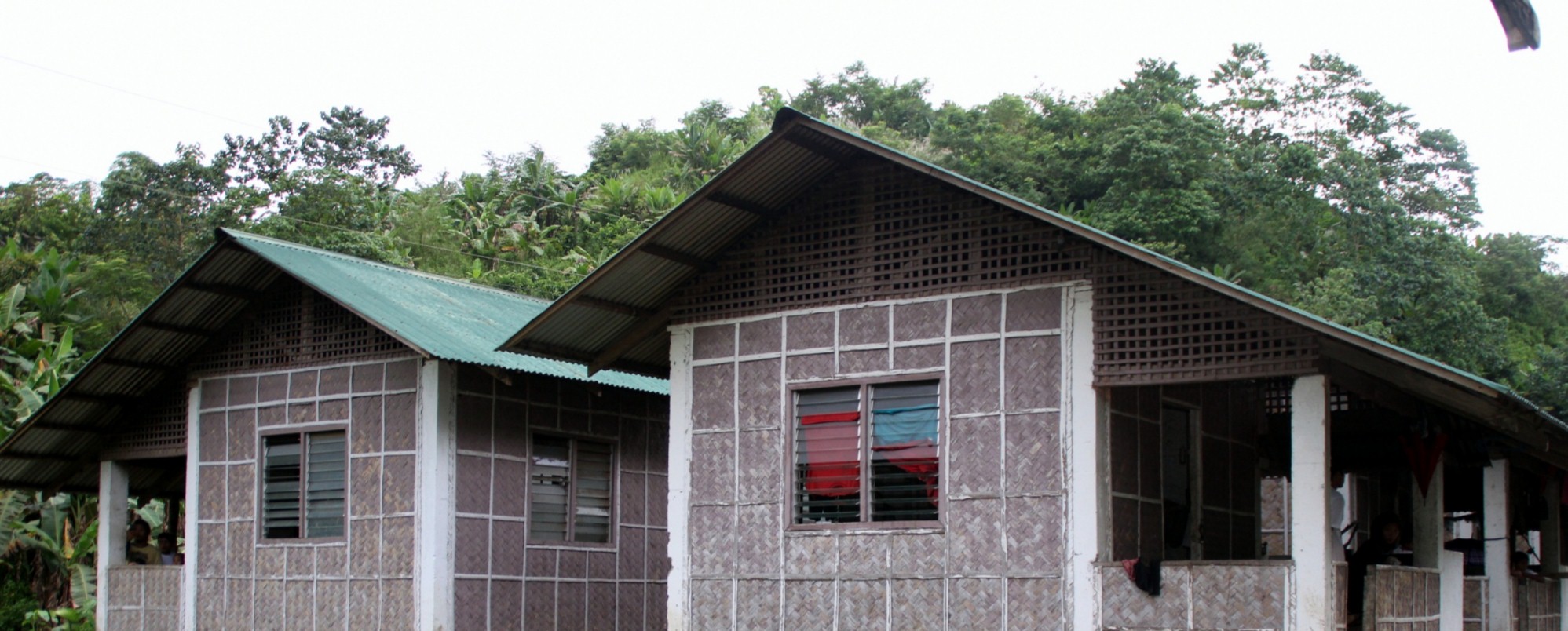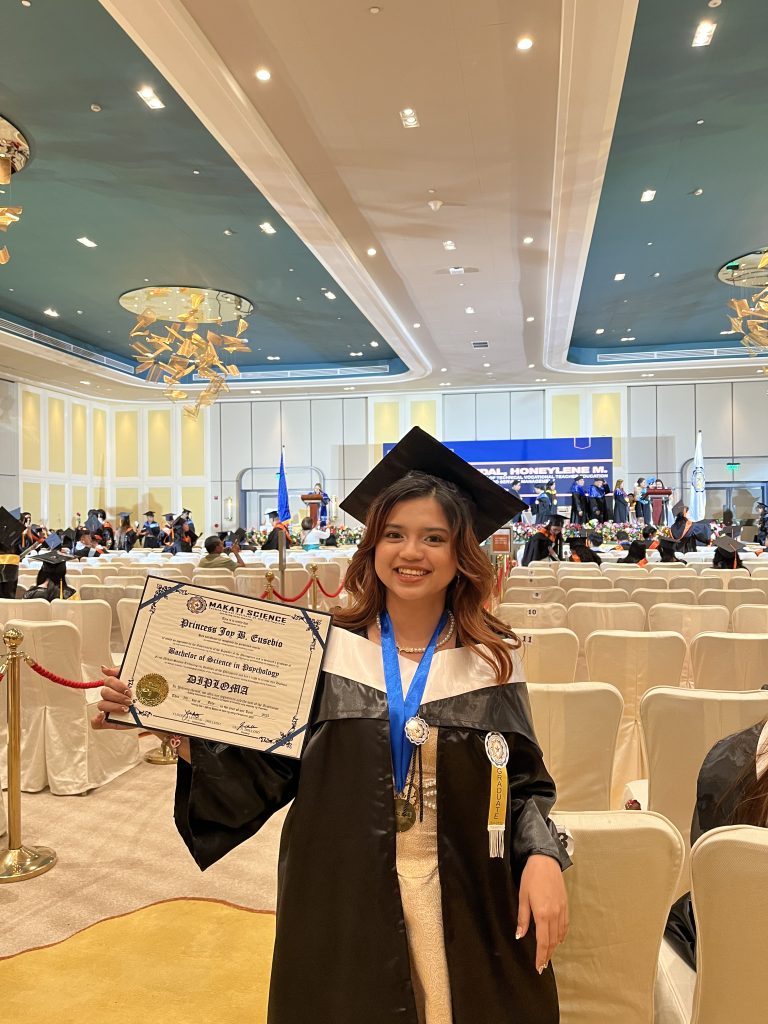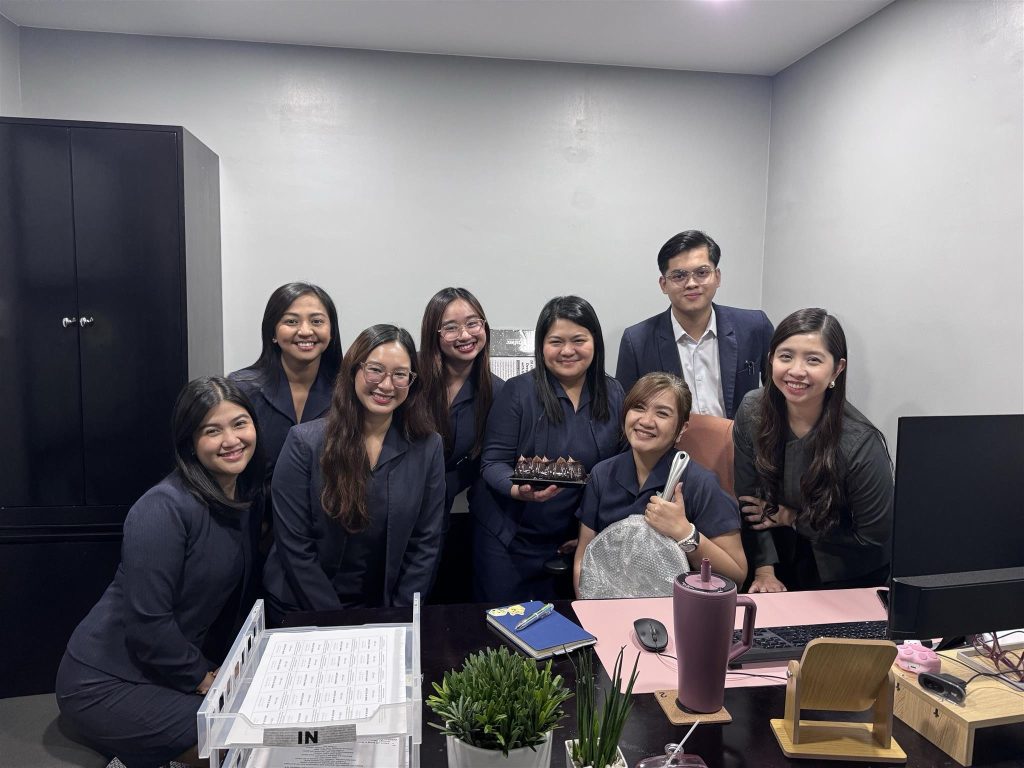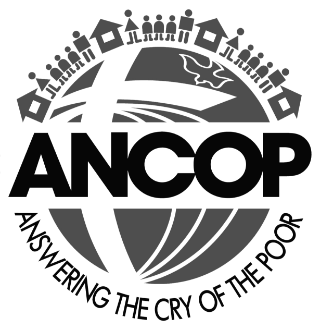Mangyan, the collective name for the eight indigenous groups in Mindoro, covers ten percent of the island’s population. They are said to be living in peaceful societies compared to other tribes. In history, Mangyans were living in the coastal areas of Mindoro until colonizers arrived and settled on their lands. They gave up their land to avoid clashes with the migrants and move to the mountains. They only came down then for food and other necessities.
Most of these first inhabitants of Mindoro are still living in the remote areas of Oriental and Occidental.
Recognizing the need for a home of our IP brothers and sisters in Sablayan, Occidental Mindoro, CFC ANCOP initiated the Cristo Rei Village. The village is a home for several Mangyan families. These families are now living peacefully in a lowland area.
The said community has a kapitan or chieftain, who oversees the group and their activities. The now chieftain, Manuel Kasiping, shared their life before and how it changes when they were chosen by ANCOP as a home partner.
Then
Manuel and his family live in a mountain on the boundary of Occidental and Oriental Mindoro. As natural cultivators of land, they plant different types of sweet potato during the rainy season and nuts every dry season. These help them feed their tummies in their everyday living.
At times, they create bilao or circular baskets and then, they go down from mountains to sell it. Their earnings, amounting to Php 700, was usually used for buying clothes and rice. Their production only goes thrice a year, which means they only go down from mountains thrice a year too.
Their children usually play all day and hunt frogs, which they also cook for dinner. They also do not have any form of school or proper education in the mountains, which caused them to be illiterate.
He also shared that before, living in the mountains is simple yet hard. The family creates the columns of a shelter out of bamboos and vines and they are using cogon grass for their roofs.
A small home seems alright, not until Manuel’s family experienced heavy rain falls. These events made them lose their homes and create a smaller one again, where they will squeeze themselves in. It happens every time, and these experiences made them sleepless at night.
Now
The 35-year-old kapitan, together with his family delights in his home now, and they find it more concrete and safe.
Today, heavy rainfalls is not a reason for them not to sleep because they are covered with a good roof. They also have banana trees and other crops in the area where they use it as food for everyday or a harvest to sell for a living. It is also easy for them to go to the town proper or go to clinics whenever someone got sick because roads are accessible in the area.
He is also joyful that his son, Opering Kasiping, now enjoys going to school. When asked what the eight year-old boy likes about school, he answered: “Magbasa, magsulat at magdrawing…” (Reading, writing, and drawing). And his favorite of all is reading. Their community started learning through the ALS program, provided by ANCOP and the LGU of Sablayan.
But most of all, Manuel, his wife and two children, were thankful that they now have a religion. They were recently baptized as Catholics and they were attending Sunday masses in their community. Their ways of praying were changed; they have known the Lord and pray even when they are traveling from one place to another. According to him, praying made them feel safe.
“Maraming salamat… may nilalapitan na din tayo na nasa itaas, malaking pasasalamat dahil ang laki ng tulong na binigay” (Thank you so much… We now have Someone up there whom we can call to. We are grateful for the help given to us)
He is also very thankful that CFC ANCOP came to extend their hands to them; they are now happier for their lives became better than before.





